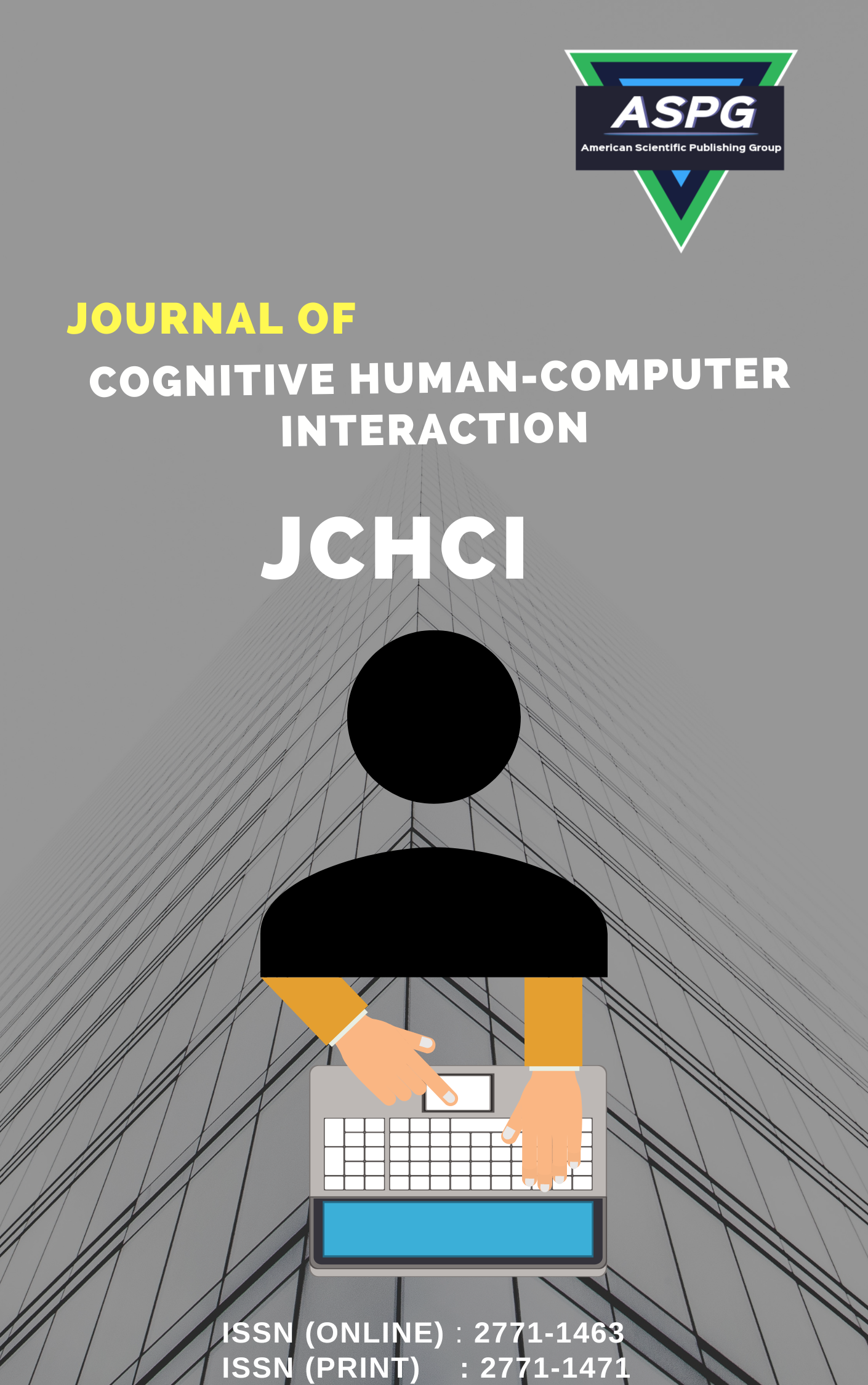

Volume 1 , Issue 2 , PP: 46-56, 2021 | Cite this article as | XML | Html | PDF | Full Length Article
Parvesh K 1 * , Tharun C 2 , Prakash M 3
Doi: DOI: https://doi.org/10.54216/JCHCI.010201
Term Frequency (TF), Collaborative filtering
[1] R. C. Bagher, H. Hassanpour, and H. Mashayekhi, “User trends modeling for a content-based recommender system,” Expert Syst. Appl., vol. 87, pp. 209–219, 2017.
[2] M. S. Tajbakhsh and J. Bagherzadeh, “Microblogging hash tag recommendation system based on semantic TF-IDF: Twitter use case,” Proc. - 2016 4th Int. Conf. Futur. Internet Things Cloud Work. W-FiCloud 2016, pp. 252–257, 2016.
[3] G. Carullo, A. Castiglione, and A. De Santis, “Friendship recommendations in online social networks,” Proc. - 2014 Int. Conf. Intell. Netw. Collab. Syst. IEEE INCoS 2014, pp. 42–48, 2014.
[4] J. Hannon, M. Bennett, and B. Smyth, “Recommending twitter users to follow using content and collaborative filtering approaches,” Proc. fourth ACM Conf. Recomm. Syst. - RecSys ’10, p. 199, 2010
[5] S. Aral and D. Walker, “Identifying Influential and Susceptible Members of Social Networks,” Science, vol. 337, no. 6092, pp. 337- 341, June 2012.
[6] Mikolov, Tomas; Sutskever, Ilya; Chen, Kai; Corrado, Greg S.; Dean, Jeff (2013). Distributed representations of words and phrases and their compositionality. Advances in Neural Information Processing Systems.
[7] Levy, Omer; Goldberg, Yoav; Dagan, Ido (2015). Improving Distributional Similarity with Lessons Learned from Word Embeddings.
[8] Luhn, Hans Peter (1957). "A Statistical Approach to Mechanized Encoding and Searching of Literary Information" (PDF). IBM Journal of Research and Development.
[9] Breitinger, Corinna; Gipp, Bela; Langer, Stefan (2015-07-26). "Research-paper recommender systems: a literature survey". International Journal on Digital Libraries.
[10] Breitinger, Corinna; Gipp, Bela; Langer, Stefan (2015-07-26). "Research-paper recommender systems: a literature survey". International Journal on Digital Libraries.
[11] Sivic, Josef; Zisserman, Andrew (2003-01-01). Video Google: A Text Retrieval Approach to Object Matching in Videos. Proceedings of the Ninth IEEE International Conference on Computer Vision.
[12] Langer, Stefan; Gipp, Bela (2017). "TF-IDuF: A Novel Term-Weighting Scheme for User Modeling based on Users' Personal Document Collections".
[13] S. Aral and D. Walker, “Identifying Influential and Susceptible Members of Social Networks,” Science, vol. 337, no. 6092, pp. 337- 341, June 2012.
[14] Banerjee, Imon; Chen, Matthew C.; Lungren, Matthew P.; Rubin, Daniel L. (2018). Radiology report annotation using intelligent word embeddings: Applied to multi-institutional chest CT cohort.
[15] Visualizing Data using t-SNE . Journal of Machine Learning Research, 2008. Vol. 9, pg. 2595. Retrieved 18 March2017.
[16] V.D.Ambeth Kumar, Dr.M.Ramakrishnan, V.D.Ashok Kumar and Dr.S.Malathi (2015) “Performance Improvement using an Automation System for Recognition of Multiple Parametric Features based on Human Footprint” for the International Journal of kuwait journal of science & engineering, Vol 42, No 1 (2015), pp:109-132
[17] T Ramya, S Malathi, GR Pratheeksha, VDA Kumar, " Personalized authentication procedure for restricted web service access in mobile phones", Fifth International Conference on the Applications of Digital Information and Web Technologies (ICADIWT 2014) (DOI: 10.1109/ICADIWT.2014.6814702)
[18] VDA Kumar, D Elangovan, G Gokul, JP Samuel, VDA Kumar, " Wireless sensing system for the welfare of sewer labourers", Healthcare technology letters 5 (4), 107-112. DOI: 10.1049/htl.2017.0017
[19] Kumar, V.D.A., Sharmila, S., Kumar, A. et al. A novel solution for finding postpartum haemorrhage using fuzzy neural techniques. Neural Comput & Applic (2021). https://doi.org/10.1007/s00521-020-05683-z
[20] Ambeth Kumar V.D., Ramakrishan M. (2011) Footprint Based Recognition System. In: Das V.V., Thomas G., Lumban Gaol F. (eds) Information Technology and Mobile Communication. AIM 2011. Communications in Computer and Information Science, vol 147. Springer, Berlin, Heidelberg. https://doi.org/10.1007/978-3-642-20573-6_63.